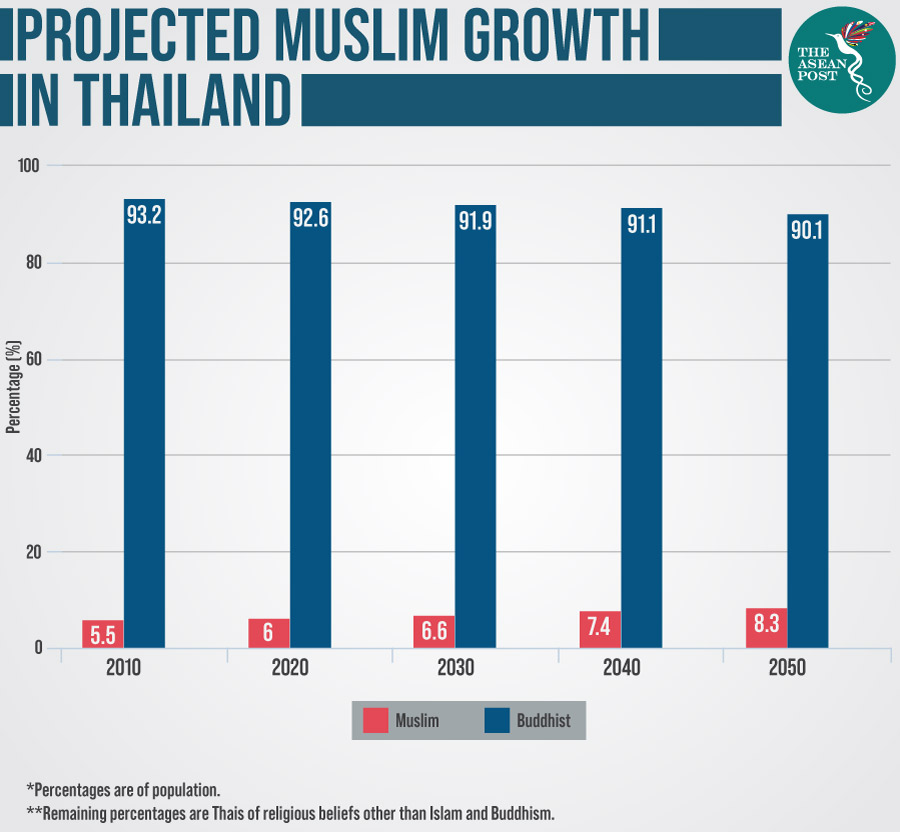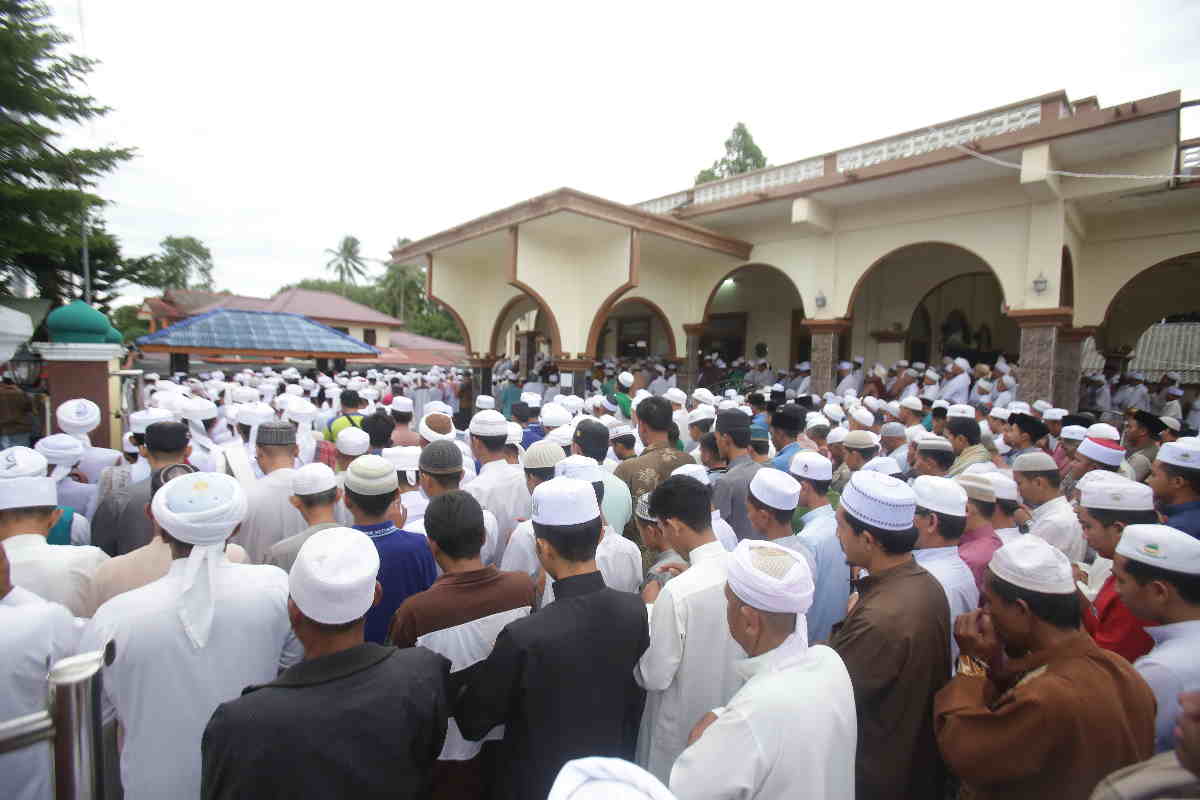From 21 June until late November 1944, all Hungarian citizens of Jewish ethnicity living in the city of Budapest were obliged to wear the yellow star and live under curfew in designated houses with the same markings, usually made out of cardboard. Today, we look at Thailand and see worrying similarities.
Last week Thailand’s Special Branch Bureau issued a nationwide order to universities requesting they provide "intelligence" on Muslim students and their activities in school. Police spokesman Krissana Pattanacharoen told international media that this order was based on "security" concerns.
As expected, the news sparked immediate outrage from the community, and on Wednesday, the Muslim Students Federation of Thailand called for parliament to "cancel" the request.
Muslims make up Thailand's second largest religious group, with the majority residing in the country’s three southernmost states. These areas have been prone to violent conflict between Malay-Muslim separatist rebels and Thai authorities since 2004, also known as the South Thailand Insurgency.
Previously, international reports had quoted police sources as saying that the request for information on Muslims was linked to the attacks that took place last August in the capital Bangkok. Four people were injured in that explosion as a result of six small bombs and six incendiary devices.
Three suspects have been arrested in relation to the attacks and another 11 are still being sought by the authorities. All suspects are southern Malay Muslims.
More recently, a former member of the National Human Rights Commission of Thailand (NHRCT), Angkhana Neelapaijit, posted a letter online which the Royal Thai Police (RTP) had sent to an unspecified university. The latter had requested the university provide details on numbers, places of origin, affiliations and other information about Muslim-organised student groups.
"This is interference of personal rights and discrimination based on belief," Angkhana said adding that freedom of religion and the right to privacy are guaranteed by the country’s Constitution.
In an official statement, the police stated that similar letters had been sent to many Thai institutions as part of a routine update to the existing intelligence data. Nevertheless, some universities with a large number of Muslim students have found the letter disturbing.

Speaking on the issue, Thai Prime Minister Prayut Chan-o-cha was quoted as saying that the police had already pointed out that this is for the creation of a data base on intelligence.
“No rights have been breached. We cannot manage anything if we don’t have data. One should never worry about his or her personal information being collected if they do not intend to do anything illegal," he added.
Reason to fear
Despite Prayut’s reassurances, there is good reason for Thai Muslims to protest against the order. One, in particular, is that the elements for such an exercise is gravely similar to those of a similar one that happened only a few years ago.
In October 2016, under Prayut's tenure, police had rounded up at least 50 Thai Muslims, mostly university students, in a dragnet operation that authorities justified was necessary to stop a suspected car bomb plot. It was around this time that allegations of torture with impunity surfaced.
In 2016, Irish-based human rights organisation, Front Line Defenders, interviewed Ismael Teh who claimed he was tortured back when he was a university student in 2009.
“During that time, I was electrocuted. They forced me to take my clothes off and left me in a cold room. The officer poured water over my head and forced me to confess to a crime but I denied every charge,” he was quoted as saying.
Critics claim that the heavy security in Thailand’s south propagates impunity. While numerous complaints of torture have been made against the army, no military personnel have ever been successfully prosecuted for abuses. Hopes for Abdulloh’s case remain grim as well.
In 2016, Amnesty International published a report entitled “’Make Him Speak by Tomorrow’: Torture and Other Ill-treatment in Thailand”. In the report, Amnesty noted that Thai law does establish several key legal safeguards against torture, including the duty to bring detainees before a court within 48 hours of arrest and the right of detainees to have legal counsel present during questioning.
However, several laws and government orders override these protections, including the Martial Law Act of 1914. These laws and orders give military officers the right to detain individuals in unofficial places of detention which is defined in these laws as “premises other than police stations, detention facilities, or prisons”.
Again in 2016, three Thai activists who documented 54 cases of torture in the deep south between 2014 to 2015 published a report where it was revealed that plastic garbage bags were used for torture.
Only a few months ago, rebel suspect, Abdulloh Esormusor, was left unconscious after being arrested under martial law and taken to a notorious military camp in Pattani. Thailand's army is investigating how he came to be hospitalised with brain swelling hours after arriving at the Inkayuth camp.
The order to “keep tabs” on Muslim students based solely on their religious beliefs is reminiscent of Nazi Germany and how it used to keep tabs on Jews in Budapest by branding them with a yellow star. While the technology might have changed, the principle is still the same. It is hoped that Prayut is better than this.
Related articles:
